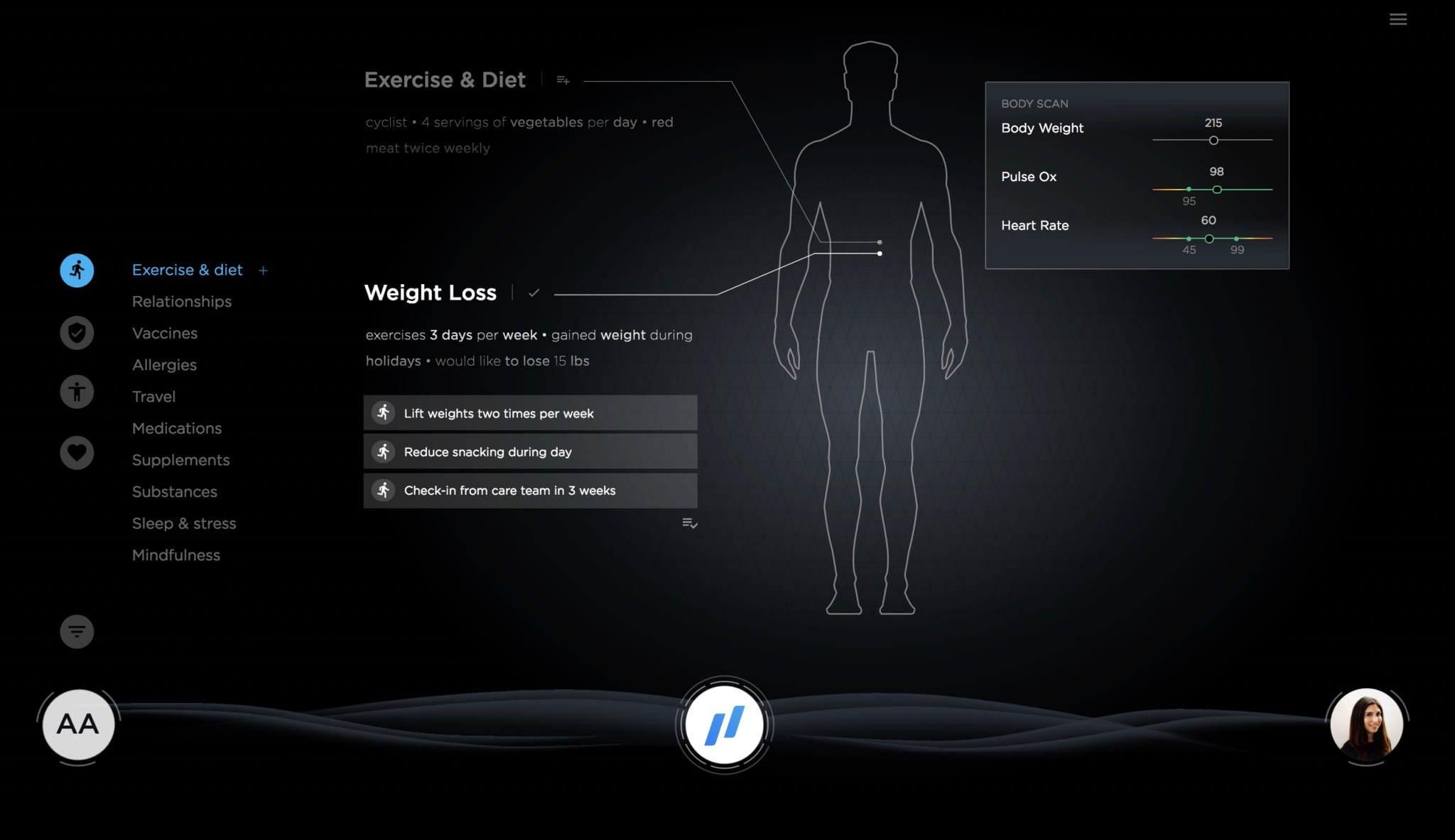Forward Healthcare
I believe technology will transform the way we think about health, putting the emphasis on proactive healthcare, instead of reactive. This is a vision I have shared many times (see my article The Healthcare Revolution) and continue to work towards in my role as an IT Architect at a large healthcare company.
Forward is a new San Francisco start-up that has a similar vision, which is pushing the tagline “move forward with your health”.
Forward was founded by Adrian Aoun, who was previously CEO at the AI company Wavii, before being acquired by Google in 2013. Since then Aoun has worked at Alphabet, where he helped launch a number of new initiatives, including Sidewalk Labs.
Leveraging the strong connections made in his previous roles, Aoun has successfully amassed an impressive group of venture and personal investors, including Khosla Ventures, Founders Fund, First Round Capital, John Doerr, Eric Schmidt, Marc Benioff, Garrett Camp and many others.
The video below from TechCrunch does a nice job of highlighting the vision of Forward, as well as provides some insight in to their current set of services.
Forward hopes to support as many as 10,000 members from the San Francisco location and is already exploring other geographies. Their forty employees (many from Google, Facebook and Uber) are not only focused on health, but also looking for ways that technology can be used to automate and streamline legacy healthcare processes.
Although I am impressed with the ambition of Forward and excited by the prospect of technology driving proactive healthcare, I am not convinced their business model is scalable beyond a few niche boutiques, targeting a narrow demographic. This is especially true when you consider the complexities of healthcare across the world.
I also think there is a risk that Forward will unintentionally put technology before health. For example, the use of consumer electronics (e.g. Fitbit) shown in the TechCrunch video. These are nice ideas, which might add some short-term value to promote healthy living, but for most people will likely not result in a long-term lifestyle change.
Overall, I believe Forward is an interesting experiment that will hopefully help demonstrate a new way of managing healthcare. The use of technology (if done right) has a lot of potential, for example the ability to complete regular self-service check-ups, where the information collected can be analysed and referenced by a healthcare professional.

This approach could in theory reduce the need for time-consuming manual check-ups, as well as drive more regular health checks (resulting in early identification of potential issues). The information can then be used to facilitate a better conversation with a healthcare professional, helping to simplify what can be confusing information.
I will certainly be keeping a close eye on Forward and am eager to see if their approach sparks other technology driven innovations in healthcare.